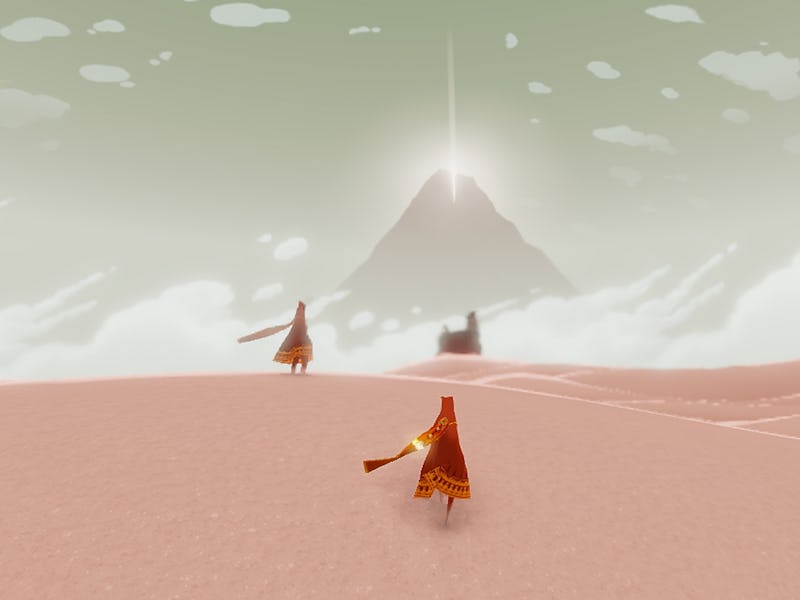Do We Really Need (or Want) Long Video Games?
Gamers have gotten used to 150-hour journeys across detailed terrain, but are they getting a satisfying experience?

Blockbuster video games keep getting longer. The Witcher 3: Wild Hunt and Metal Gear Solid V: Phantom Pain layer detailed missions on top of seemingly boundless worlds populated by carefully developed characters. But imagine if you could get all of, let’s say The Witcher 3: Wild Hunt, condensed from a 150 hour experience into a game you could play within two hours and experience the same revelations. Seems like an impossible task to accomplish, doesn’t it?
None of this is bad per se, but length isn’t good when it’s there for the sake of justifying the price. Many games, like Assassin’s Creed IV: Black Flag for example, feel long just for the sake of being that way. They feel like short stories stretched into novels — like they’re in need of a solid edit to reveal what’s behind the curtain. Yes, asking for $60 for a two-hour experience is hard when movie tickets sell for less, but prices can be flexible (as we’ve seen in the indie market) for shorter, more focused experiences.
Nobody will be speedrunning The Witcher 3 in two hours in the near future, and some developers are coming around to the idea that time frames matter. Detailed worlds aren’t going out of fashion, but the ability to offer satisfying experiences inside those worlds within a chunk of time (that might otherwise go to Netflix) looks like the future and points towards a different kind of habitual consumption that would be healthy for the industry. Granted, this type of change isn’t for everybody, but it would help lead to a market where more people are interested in trying video game entertainment for the first time.
This doesn’t require shorter games, just shorter narrative structures. Not surprisingly, it’s the smaller companies that are leading the way by embracing their own weakness (man hours). Take a look at Thatgamecompany’s Journey, which released originally in March of 2012. Created by a development team of seven people, which grew to 18 towards the end of the project, Journey has won praise as one of the greatest games ever. It won a ‘Best Score Soundtrack for Visual Media’ nomination at the 2013 Grammy Awards. And it’s beatable in two hours.
Journey is one of those games that works outside of conventional development standards to captivate its players. Thatgamecompany focused on developing a title that strayed away from the traditional defeat/kill/win mentality of video games and cut down on the details that might make playing it a less emotional experience. Less didn’t become more, but it proved less distracting for gamers.
Director Jenova Chen has proudly noted that three of the 25 player testers cried after completing the game for the first time. That’s a different sort of good result.
Journey also re-defined cooperative gameplay when it was released. While playing through the game, players are able to encounter each other in the world. The twist? They can only communicate with tones. Players also don’t know each other’s names, only that they are both trying to accomplish a similar goal in the game. Because of this, players have a tendency to help each other. This made the game go faster, but it also made the experience of playing the game more intimate.
Journey wasn’t chaotic. The game, which was art directed to within a pixel of its life, offered something short and sweet. It wasn’t an epic journey by any means. It felt like more of a meditation and less of a commitment.
The lesson of Journey isn’t that all games should aspire to elicit pathos. Catharsis is fine too and blowing stuff up is great. The lesson is that the implication of a bigger world can be as powerful as the realization of it.
Length will likely play an important role in the genrefication of video games as long moves in the direction of endless. No Man’s Sky, the presumed next landmark game, is effectively infinite and open ended. The length of a journey within that world will be determined entirely by the player. What NMS will not do, is create a distinct emotional experience shared by every player. What it will do is make the scope of the current crop of mission games seems like a half-measure.
Big will be rendered unimpressive and that will be good for gaming. After all, there are better metrics.